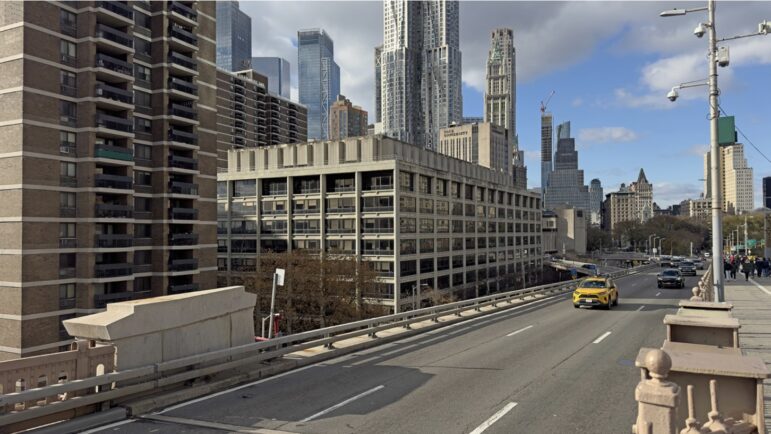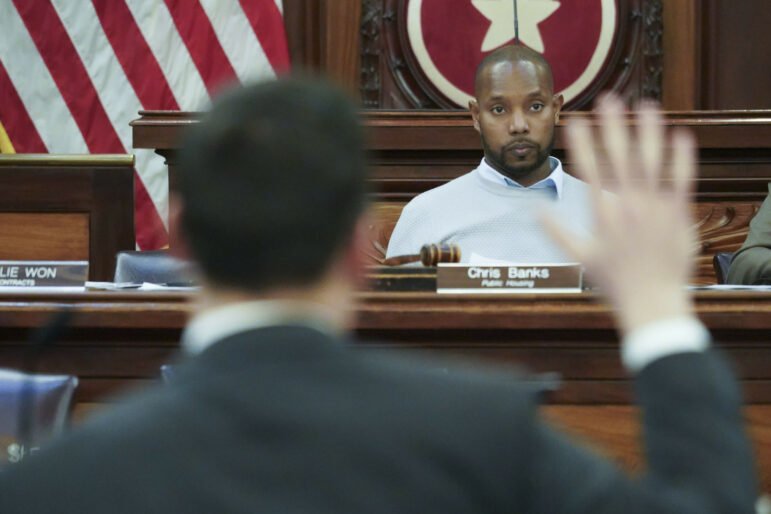The City Council’s long-languishing lead inspection bill has 34 co-sponsors, the support of goo-goo groups and one astonishing new feature–at least a snowball’s chance in hell.
The bill, which has drawn the opposition of landlords, Council Speaker Peter Vallone and the mayor, died in a committee last year without so much as a public hearing. This year, many advocates had resigned themselves to the fact that the council and the administration would once again fail to overhaul the city’s ineffective system for clearing apartments of lead paint, which causes mental defects in children.
But Richard Roberts, the commissioner of the city Department of Housing, Preservation and Development, is reportedly looking to find a way out of being fined–or even jailed–by a state Supreme Court judge who wants the system changed rapidly. Last April, Judge Louis York ordered Roberts to create a systematic plan to inspect buildings for lead paint or face imprisonment. He reaffirmed that position last week.
Administration lawyers have long argued that strengthening the lead law would expose the city to lawsuits and cause private landlords to abandon their lead-laden buildings rather than bear abatement costs. But York’s pressure seems to be working. “Roberts is really eager to see this thing be resolved,” said a Giuliani administration official who worked on the lead issue. “This is not a guy who wants to be bailed out of jail for not obeying a judge’s decision. You’re talking about a guy with a bright future and a reputation to take care of.”
Replied Roberts in a one-paragraph faxed statement: “Arriving at an appropriate approach to addressing this extraordinarily complex issue is at the forefront of HPD’s agenda.”
All but a handful of council members want to force Roberts to comply with Judge York’s strict order. Last week, West Side Democrat Stanley Michels re-introduced the reform bill, which calls for stepped-up inspections, a schedule of penalties for landlords who don’t clean up lead quickly and increased landlord liability for hidden lead conditions. The measure, which also requires the agency to notify tenants of any lead problems in their apartments, garnered 34 co-sponsors before its ink had dried.
Last year, Vallone and council housing committee chairman Archie Spigner supported a weaker bill calling for more lenient sanctions against landlords. Vallone’s staffers are currently retooling that effort, but won’t say if they’ll hold a hearing on the popular Michels bill. “We’re baffled how we can get two-thirds of the council to support something and still not get a public hearing on it,” said Mark Colon, environmental health advocate with the New York Public Interest Research Group, which backs the Michels bill.








